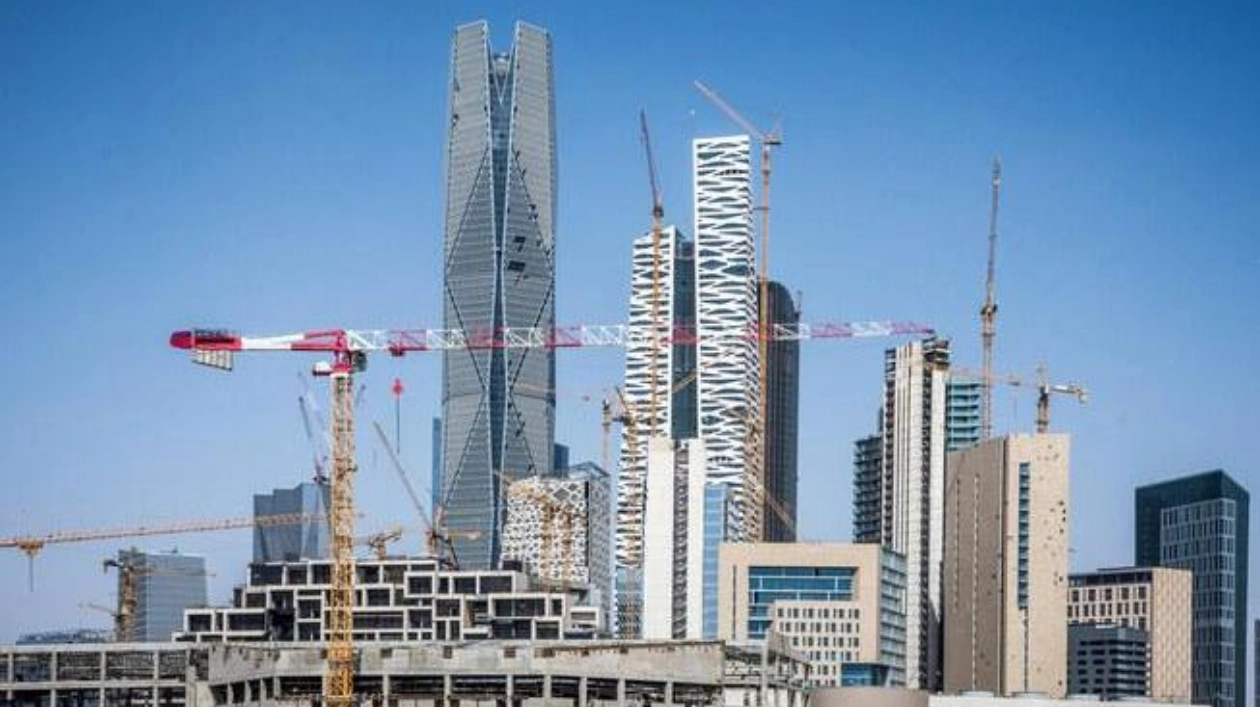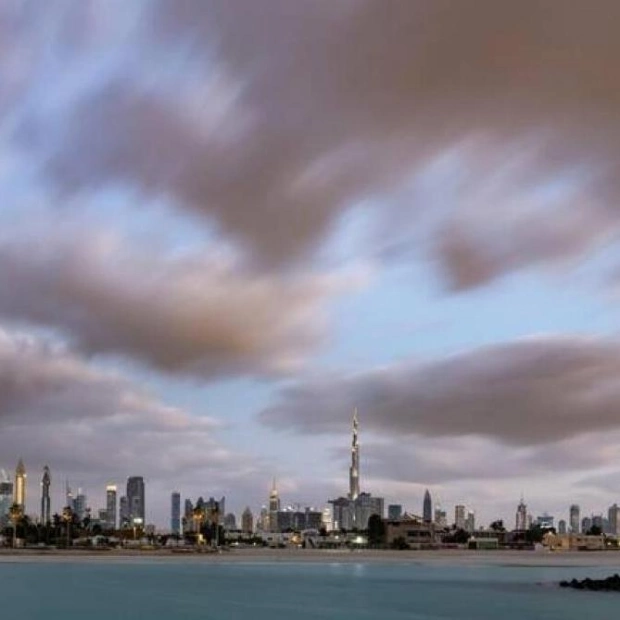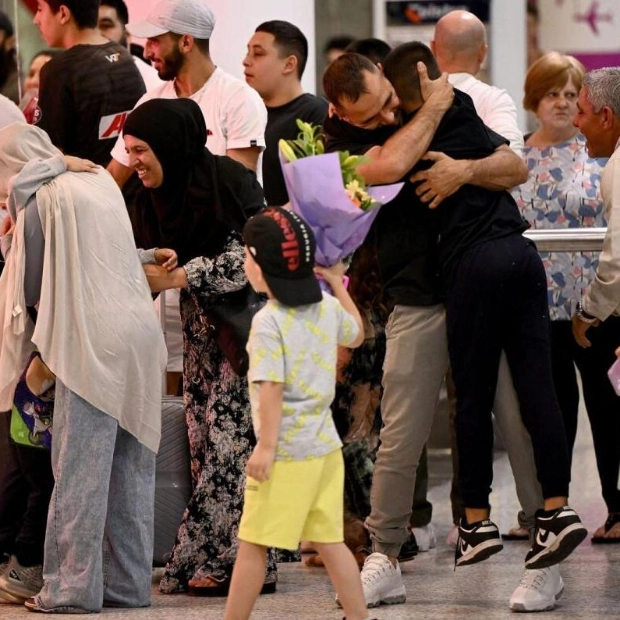RIYADH: Saudi banks' real estate loans reached a record SR846.48 billion ($225.73 billion) in the third quarter of 2024, reflecting a 13.29 percent annual increase, according to official data.
The Saudi Central Bank, known as SAMA, reported that this growth was fueled by both retail and corporate lending, with corporate loans increasing by 22 percent to SR189.6 billion.
Individual lending dominated, accounting for 78 percent of the total at SR656.88 billion, showing an annual growth rate of 11.02 percent.
Real estate loans now make up 29.67 percent of Saudi banks' total loan portfolio, which stood at SR2.85 trillion by the end of Q3.
This unprecedented expansion is supported by government initiatives under Vision 2030, aimed at diversifying the economy and addressing the Kingdom's rising housing demand.
A significant regulatory change in 2018 saw SAMA increase the maximum loan-to-value ratio for first-time homebuyers from 85 percent to 90 percent, designed to boost mortgage lending and make homeownership more accessible.
This move aligns with the broader economic reform plans and supports the national housing strategy, aiming to increase homeownership rates and expand housing options.
SAMA ensures financial stability, ensuring that this policy shift does not compromise the banking sector's resilience or lead to unsustainable lending practices.
Another factor supporting real estate growth is recent monetary easing. After two years of aggressive rate hikes, SAMA lowered interest rates by 50 basis points in September and another 25 basis points in November, mirroring the US Federal Reserve's policy.
These cuts have reduced borrowing costs, increasing demand for real estate loans, but also exerting upward pressure on housing prices and contributing to inflation.
Saudi Arabia's annual inflation rate reached 1.9 percent in October, driven mainly by higher housing costs, according to the General Authority for Statistics.
Despite this rise, the Kingdom's inflation remains among the lowest in the Middle East, highlighting the effectiveness of its economic stabilization strategies.
Saudi banks issued SR8.14 billion in new residential mortgages in October, the highest monthly figure in 21 months and a 20.33 percent increase from October last year.
Riyadh has become a focal point of this surge, driven by robust population and employment growth, intensifying housing demand.
Of the total residential loans in October, SR4.83 billion, or 59.3 percent, was for house purchases, while 35 percent was for apartments and 5.6 percent for land.
Apartment financing saw the most significant annual growth, surging 47 percent year-on-year to SR2.86 billion, followed by land financing at 24.8 percent and house loans at 8.37 percent.
For Q3 2024, the value of new residential mortgages reached SR20.49 billion, a 11.34 percent increase compared to the same period last year, driven mainly by demand for apartments.
While lending for land rose 19.16 percent to SR1.19 billion during the quarter, loans for houses declined 6.13 percent to SR12.06 billion.
The increasing prominence of apartment financing reflects a shift in Saudi Arabia's housing market, addressing evolving demographics and affordability concerns.
Population growth and expatriate inflows are fueling demand, particularly in Riyadh, outpacing the delivery of new housing units.
Despite growth, supply constraints continue to push prices higher, with high construction costs and competition with Vision 2030 projects limiting affordability.
Saudi Arabia's real estate market is also navigating regulatory changes to attract foreign direct investment, expected to grow as reforms unfold.
As mortgage infrastructure matures, led by entities like the Saudi Real Estate Refinance Co., the market is poised for increased liquidity and growth.
Saudi Arabia is establishing a secondary mortgage market, strategically aligning global expertise with local execution to ensure liquidity in housing finance and boost homeownership.
The Saudi Real Estate Refinance Co. signed a memorandum of understanding with BlackRock, aiming to create a functional secondary mortgage market by laying the groundwork for mortgage-backed securities.
This partnership is expected to improve market liquidity by enabling banks to sell bundled mortgage loans to investors, reducing borrowing costs for Saudi families.
SRC also signed an agreement with Al-Ahli Bank and the Real Estate Development Fund to operationalize the secondary mortgage market locally, ensuring continuous access to funding.
These partnerships are crucial for the Kingdom, where the housing sector is central to Vision 2030's objectives of raising homeownership rates and reducing economic reliance on oil revenues.
By integrating the real estate finance sector into global capital markets, Saudi Arabia is ensuring affordable housing and positioning itself as a regional leader in innovative financial solutions.
Source link: https://www.arabnews.com






